Embarking on the journey to join the medical field is a profound decision that comes with both challenges and tremendous rewards. As we step into 2024, the field of medicine is evolving in exciting ways, presenting aspiring medical students and doctors with unique opportunities to make a meaningful impact on the world. If you’re contemplating a career in medicine, below are 10 compelling reasons why 2024 is an excellent time to pursue med school. After reading this blog post you should be able to answer the question “Why Do You Want to Become a Doctor in 2024?”.
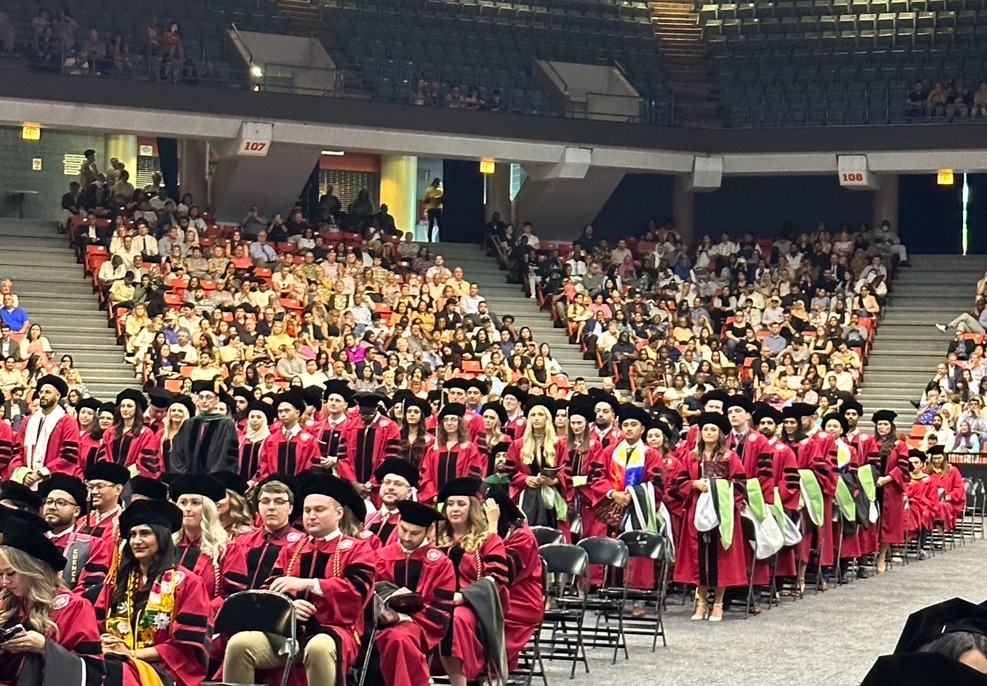

10 Reasons Why You Want to Become a Doctor in 2024
- Humanitarian Impact: One of the most gratifying aspects of a medical career is the opportunity to make a direct and positive impact on people’s lives. In 2024, the world needs compassionate and skilled medical professionals to address a myriad of health challenges, making the career of a health care provider more crucial than ever.
- Advancements in Medical Technology: The constant evolution of medical technology is transforming the way healthcare is delivered. As a doctor in 2024, you will have access to cutting-edge tools and technologies that enhance diagnostic accuracy, treatment options, and overall patient care.
- Diverse Specializations and Career Paths: The field of medicine offers an extensive range of specializations, allowing you to tailor your career to match your interests. Whether you’re drawn to surgery, clinical research, family medicine, or another area, the diverse opportunities within medicine ensure there’s a path suited to your passion.
- Focus on Preventive Medicine: The healthcare landscape is shifting towards a greater emphasis on preventive medicine. As a doctor, you’ll have the chance to educate and empower individuals and communities to lead healthier lives, preventing illnesses and promoting overall well-being.
- Global Health Challenges: The ongoing public health challenges, such as pandemics and emerging diseases, highlight the need for a robust and adaptable healthcare system. Becoming a doctor in 2024 means being at the forefront of addressing these challenges and contributing to global health solutions.
- Interdisciplinary Collaboration: Medicine is inherently collaborative, requiring teamwork with professionals from various disciplines. As a doctor, you’ll collaborate with nurses, pharmacists, therapists, and other healthcare experts, fostering a dynamic and interprofessional approach to healthcare.
- Mental Health Awareness: The growing awareness of mental health issues has brought them to the forefront of medical practice. In 2024, there’s an increasing need for empathetic and skilled doctors to address mental health concerns, reduce stigma, and promote holistic well-being.
- Lifelong Learning and Intellectual Stimulation: Medicine is a field that demands continuous learning. Advances in medical research and technology mean that doctors must stay abreast of the latest developments, ensuring a career filled with intellectual stimulation and growth.
- Crisis Response and Resilience: Recent global events underscore the importance of a resilient and responsive healthcare system. As a medical doctor, you’ll be trained to handle crises, demonstrating resilience and adaptability in times of need.
- Personal Fulfillment and Sense of Purpose: Few careers offer the level of personal fulfillment that comes with being a doctor. The ability to alleviate suffering, improve quality of life, and be a source of hope for patients provides a profound sense of purpose and satisfaction.
Proactive Steps to Take In High School
High school students interested in pursuing a career in medicine can take several proactive steps to explore this field. First and foremost, engaging in relevant coursework such as biology and chemistry can provide a strong foundation. Joining science clubs or participating in extracurricular activities, such as science fairs or medical-related volunteer work, can offer hands-on experiences. Seeking out internships or shadowing opportunities with local healthcare professionals allows students to gain real-world insights into the daily lives of professionals in this career path.
Additionally, attending career fairs, workshops, or informational sessions organized by schools or local hospitals can provide a good start for networking opportunities and guidance from professionals in the medical field. Utilizing online resources, such as virtual simulations and educational platforms, can also enhance their understanding of medical concepts. Lastly, reaching out to guidance counselors or mentors for advice and guidance can be the best way for high school students to navigate the path toward a rewarding career in medicine.
How To Separate Yourself From the Pack in College


Becoming a competitive candidate for medical school requires a multifaceted approach during the college years. First and foremost, maintaining a strong academic record is crucial, focusing on science-related coursework to demonstrate a solid foundation in the core subjects. Engaging in extracurricular activities that showcase leadership, hard work, and a commitment to service, particularly in healthcare or community settings, can distinguish a candidate. Pursuing relevant research opportunities, internships at a local hospital, or shadowing experiences in the world of medicine provides valuable exposure to the medical field and demonstrates a genuine interest in the profession.
Active involvement in campus organizations, particularly those related to healthcare or advocacy, helps develop interpersonal and communication skills and can help strengthen medical school applications. Additionally, excelling in standardized tests such as the MCAT is essential. Finally, cultivating strong relationships with professors and mentors who can provide guidance, letters of recommendation, and support throughout the application process is invaluable. Overall, a well-rounded and dedicated approach to academics, extracurriculars, and personal development enhances a college student’s candidacy for medical school.
The Importance of Shadowing and Mentorship
Securing shadowing experiences is a good idea for pre-med students aspiring to gain firsthand insights into the medical field. Begin by reaching out to local hospitals, a doctor’s office, or healthcare facilities through their volunteer or internship coordinators. Many institutions have established shadowing programs or are open to accommodating interested students. Networking with professors, healthcare professionals, or alumni from your university who may have connections in the medical field can also be beneficial. Utilize online platforms dedicated to connecting students with healthcare professionals, such as the AAMC’s (Association of American Medical Colleges) database or the American Medical Association.
Crafting a well-written and professional email expressing your genuine interest in shadowing, along with a resume and references, can help make a positive impression when reaching out to potential mentors. Demonstrating flexibility in terms of scheduling and being open to various medical specialties can increase your chances of finding suitable shadowing opportunities. Persistence, professionalism, and a sincere passion for medicine will ultimately enhance your chances of securing valuable shadowing experiences as a pre-med student. Students can begin shadowing during their first year, second year, third year, or fourth year of college. This experience in the healthcare setting will help the prospective student determine if a medical degree is the right pathway for them to ensure job satisfaction in the future.
Reasons Why You Want to Become a Doctor in 2024 – Conclusion
Choosing to become a doctor in 2024 is not just a career decision; it’s a commitment to service, lifelong learning, and making a positive impact on individuals and communities. The evolving landscape of medicine, coupled with the intrinsic rewards of the profession, makes this an exciting time to embark on the transformative journey of becoming a healthcare professional. As you consider this path, remember that being a doctor is not just a job; it’s a great way to contribute to the well-being of humanity.
What was your motivation to pursue a career in the medical field? Please comment below!
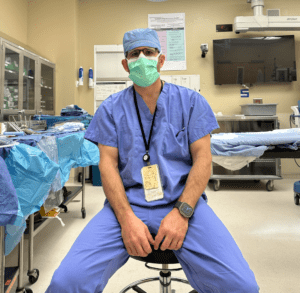

Leland Jaffe DPM, FACFAS
Associate Professor and Dean
Podiatric Foot and Ankle Surgeon
North Chicago, Illinois

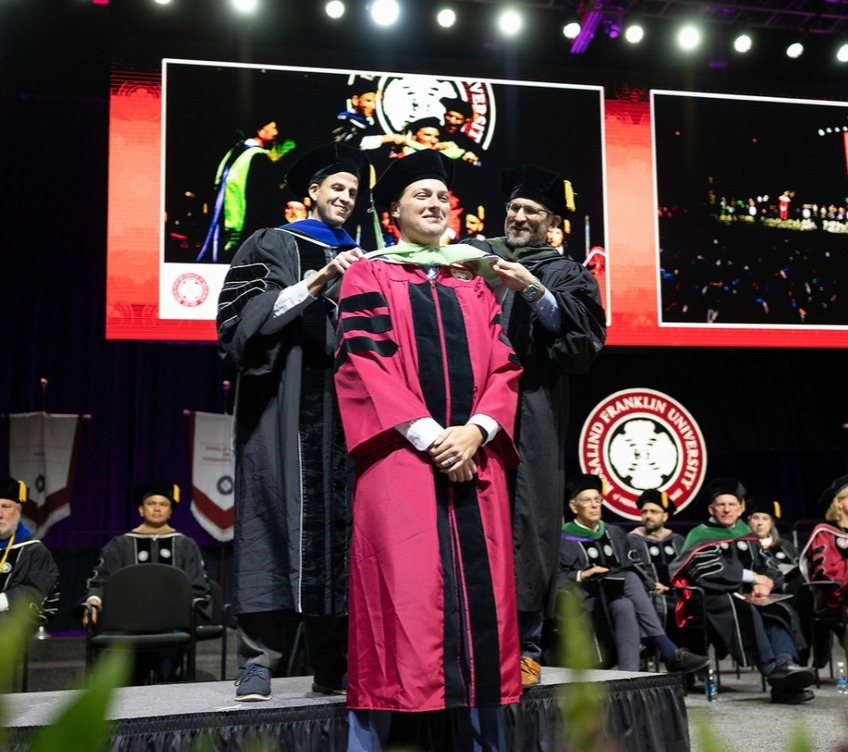
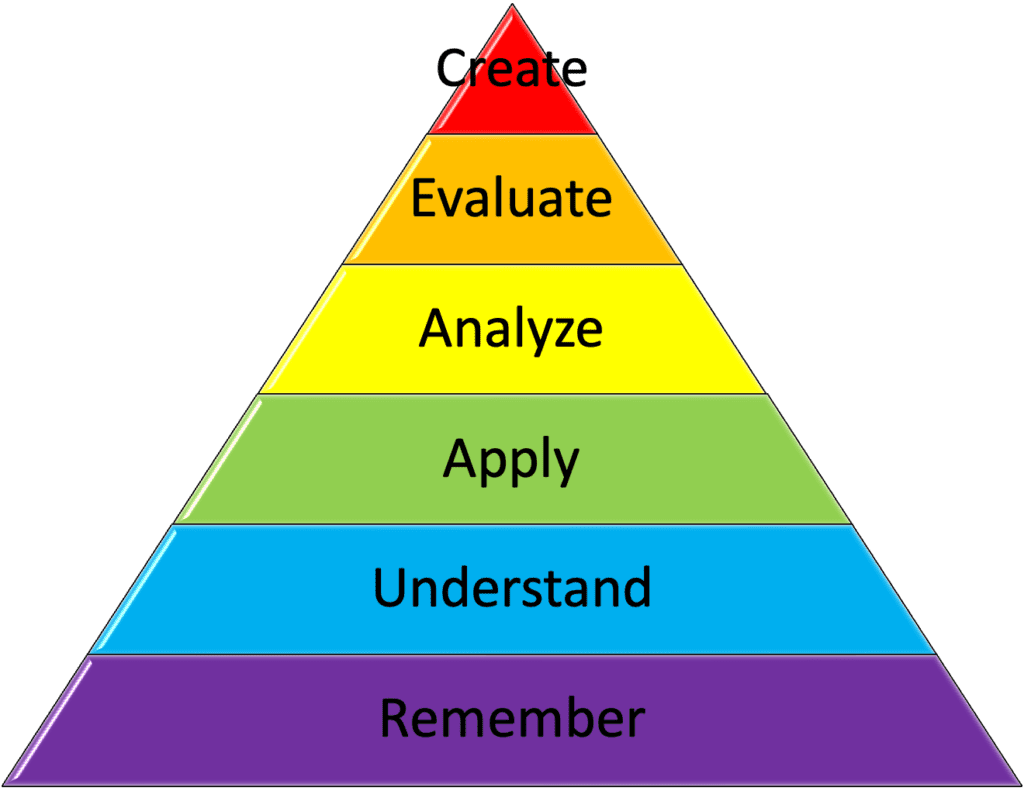


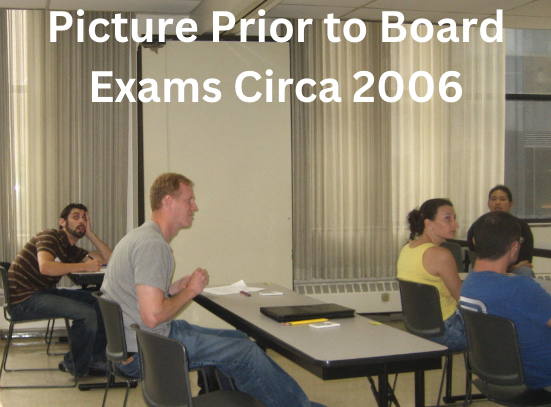

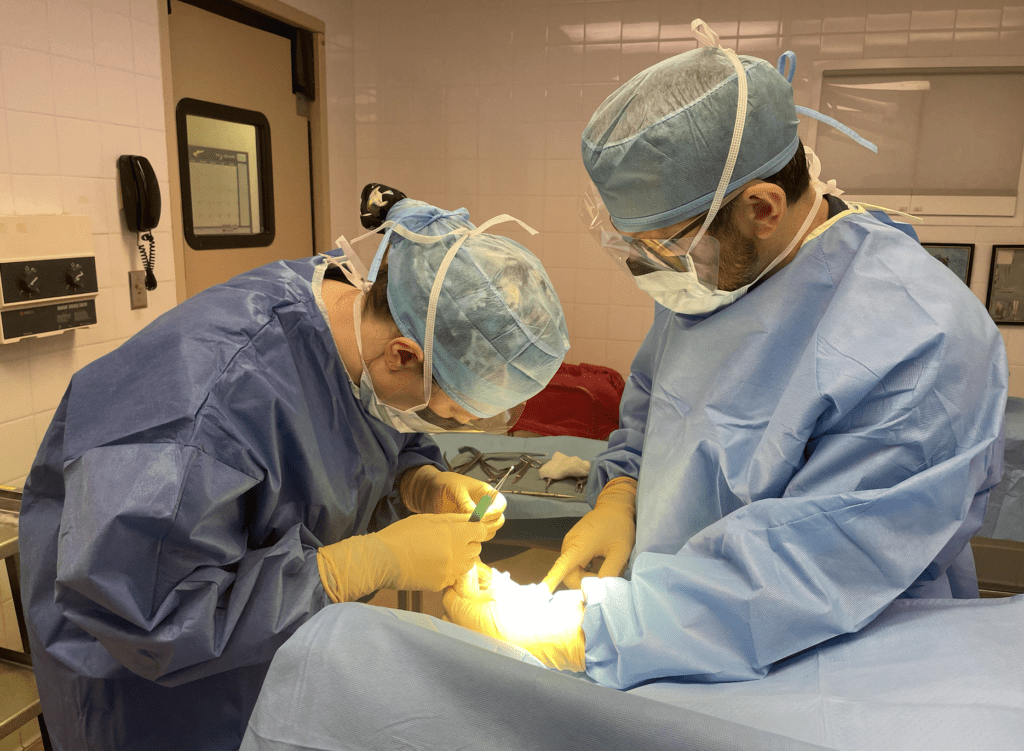
So well said Lee. If one wants to make a difference in the world, without sounding too dramatic; it is possible through involvement, actions towards changing healthcare and making lives better. Thanks for this Dr Jaffe.
MK
I agree completely. I appreciate your comment and feeback. There’s no better feeling than having a positive impact on the lives of others!